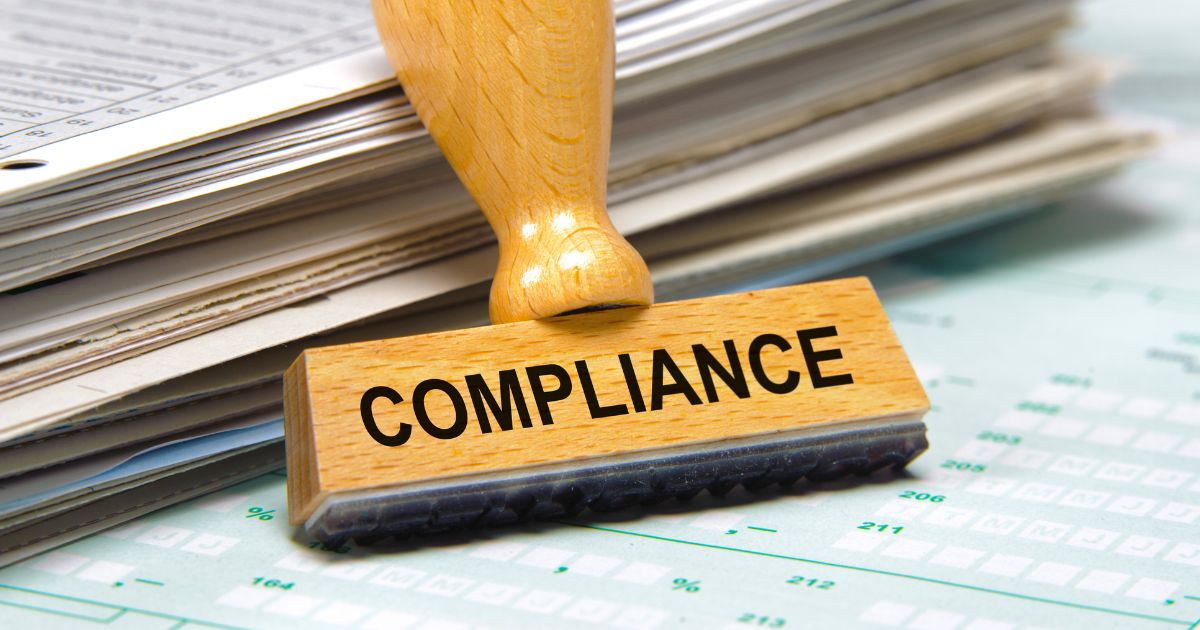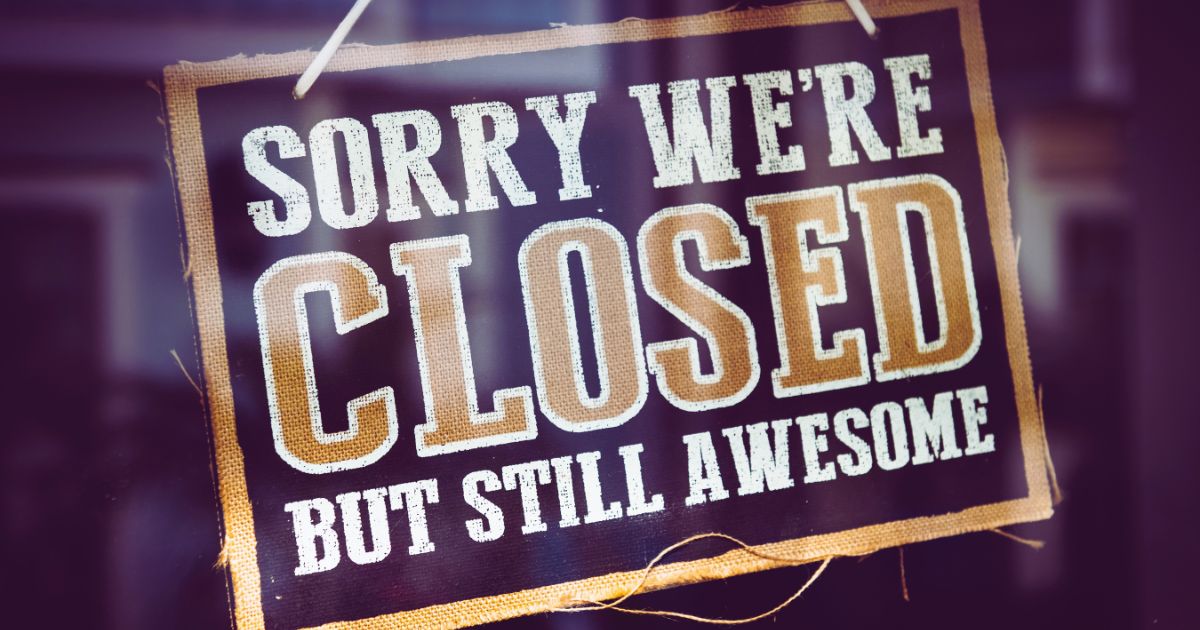
Tax filing season kicked off this week and millions of South Africans are planning to file their annual returns. New entrepreneurs who have left corporate employment to start a home-based business or freelancers, may be facing the challenge of filing a return for a business for the first time.
“Whether they’re driving for Uber, offering freelance programming or graphic design services, or making artisanal crafts and cuisine at home, we’re seeing more and more South Africans pursue their entrepreneurial passions as a full-time job or a side business,” says Viresh Harduth, Vice President: New Customer Acquisition (Start up and Small Business) at Sage Africa and Middle East.
“If you’re one of them, it’s important to do your financial admin correctly so that you can improve your tax efficiency while staying in the South African Revenue Service’s (SARS’s) good books. It’s also important to make provision for tax payments and to track expenses so that you don’t run into financial difficulty.”
Harduth answers some of the most common questions he hears from the newly self-employed.
Q: How does my tax status change now that I’m not in formal employment with a company?
If you are a sole proprietor – in other words, you have not registered a formal company – you will need to register as a provisional tax payer. In addition to filing an ITR12 – the annual tax return for individuals – you will also need to file provisional returns by August 31 and February 28 each year. You will make provisional tax payments based on your estimated income for the period with each of these returns.
When you file the final return during tax season, SARS will reimburse you if you have overpaid income tax for the tax year or seek payment for the outstanding amount if you’ve underestimated the tax due in your provisional returns. You may face a penalty of up 20% of the underestimated amount if:
- The total of your first and second provisional payments is less than 90% of your assessed income tax as a person earning less than R1 million
- The total of your first and second provisional payments is less than 80% of your assessed income tax as a person earning less than R1 million
If you’re a salaried employee and you’re earning money from a side business as a sole proprietor, you will also need to register for provisional tax.
Q: How do I register and file?
If you haven’t already done so, you should register for SARS eFiling, which allows you to ask for your IRP6 return and make your submission and payments online. You can also call the SARS Contact Centre on 0800 00 SARS (7277) to ask for an IRP6 return or find out more about the new Provisional Tax process.
If you hate paperwork and can afford it, it might be worth asking a SARS-registered tax practitioner for assistance. He or she will take care of the filing for you and help compile your annual income tax returns. Usually, the advice tax practitioners can give you to help you be more tax-efficient, together with the time they’ll save for you, more than justify the expense.
Q: Do I need to register for VAT?
You should register as a VAT vendor if you expect your turnover to exceed R 1 million in a 12-month period. As soon as your turnover hits R1 million, you are required by law to become a VAT vendor. VAT returns can be tricky and time-consuming to do, so this is another area where you might value the help of a tax practitioner or accountant.
FIND: Personal Tax Services
Q: What tax deductions may I claim and what paperwork do I need?
You may claim tax deductions for expenses you incur in generating income for your business. Some examples include:
- Business travel and accommodation costs
- Telecommunication services
- Subcontractors
- Stationery
- Office rental
- Inventory
If requested, you should be able to show SARS the receipts for the expenses you claim and justify it as a business expense. Some capital expenses – say, if you need an expensive lathe or a delivery vehicle – will be depreciated over a number of tax years. For example, if you buy a truck for the business’s exclusive use, you’ll claim the tax deduction over four tax years.
As a sole proprietor, the lines between your personal and business expenses will often blur. For instance, you may have an Internet line that you use for work and which your family also uses. You can only claim the part of the expense that relates to business use as a deduction. For that reason, it’s important to keep accurate records such as logbook of vehicle use or details for business versus personal use of your mobile phone.
There’s also the personal deductions you may have taken advantage of as an employee – for example, the tax deductions for your contributions to retirement funds and medical aid funds. Don’t forget about using the generous allowance SARS offers for your retirement contributions – a tax-efficient way to save for the future.
Q: How should I track my expenses and my income?
It’s good practice to have separate business and personal accounts – that will make it easier for you or the person doing your bookkeeping to tot up your expenses and income. There are simple, user-friendly accounting packages – many of them available as online services – that can help you capture your expenses and income as well as generate quotes and invoices. It’s also wise to scan your receipts and file them each month rather than simply throwing them in a drawer or a shoebox.
Q: When should you apply for a tax directive?
The purpose of a tax directive is to help you avoid under- or overpaying tax when clients deduct PAYE on your behalf. That will hopefully mean you don’t need to make an expectedly big payment when you do your provisional returns or that you won’t need to wait for a tax refund in filing season. You would usually apply for one when you:
- Get more than 80% of your work from one client
- Work at the client’s premises or under their supervision
- Have fewer than three full-time employees
In this instance, you would be deemed as a personal service provider and your client would deduct PAYE.
Q: Should I register a company and what are the benefits and drawbacks of doing so?
This is a question you should ask an accountant because everyone’s situation is different.
For many entrepreneurs with small businesses, it makes sense to run a partnership or sole proprietorship, which are the simplest business entities. The reporting and legal requirements are far less demanding than they are for a registered company, and the administrative costs are minimal. But you might need a more formal business structure if you’ll need to take on debt to grow your business or if you want to pitch for business from government and large companies.
So, it may make sense to register a business when you want to:
- Bring other shareholders on board
- Limit your personal liability for company debts
- Reduce personal exposure to the business’s risks
- Formalise your business before seeking investment or a loan
- See opportunities to optimise your tax burden or take advantage of incentives
- Create a business you can easily sell







